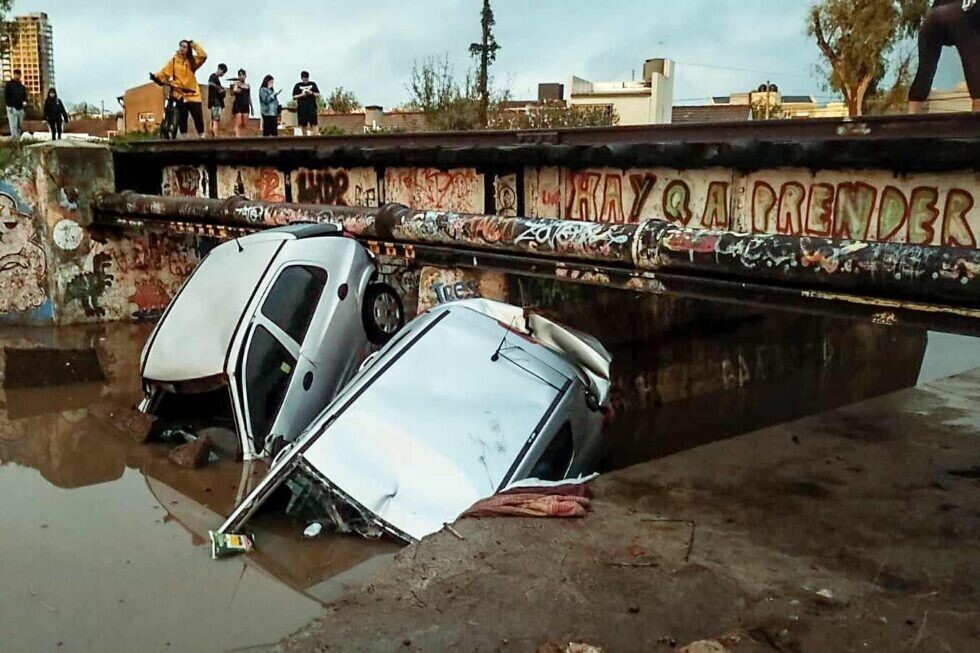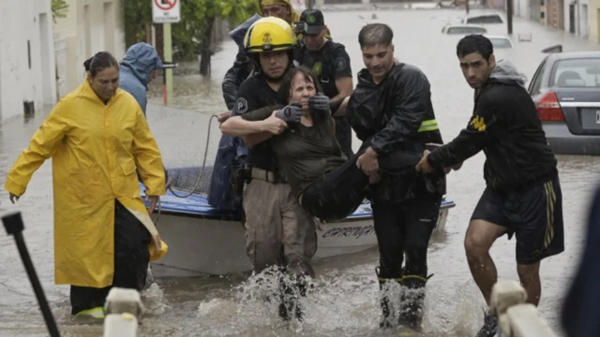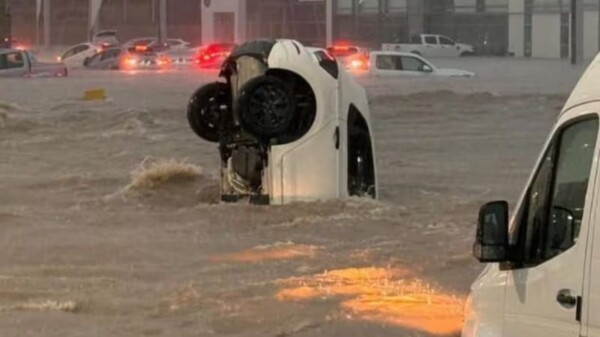
The severe flooding that affected several localities in the province of Buenos Aires and other regions of Argentina, causing casualties and material damage in Bahía Blanca, highlights the lack of socio-environmental planning in policies and reveals the unpreparedness of Argentine cities to face climate change.
The author of the article points out that rain cannot solely be blamed for these disasters, as the denial of global warming and lack of action by the authorities lead to human and material losses. The national government is accused of ignoring scientific warnings about climate change and failing to take appropriate measures to mitigate its effects.
The lack of environmentally friendly public policies in Argentine cities is criticized, as they currently lack infrastructure prepared to deal with large-scale disasters. The environmental myopia of politics is evident in the lack of long-term planning and the prioritization of short-term interests over the real needs of the population.
Among the causes of the flooding in Bahía Blanca are mentioned the climate crisis, deforestation, the expansion of agribusiness, and poor management of public works. The lack of investment in flood relief infrastructure and the uncontrolled urbanization of vulnerable areas are pointed out as determining factors in the magnitude of the disaster.
The actions and omissions of governments at both national and local levels are highlighted as responsible for the current situation, where the increasing frequency of extreme climatic phenomena puts the population at risk. There is a warning about the need to adopt urgent measures to adapt cities to climate change and prevent future tragedies.













